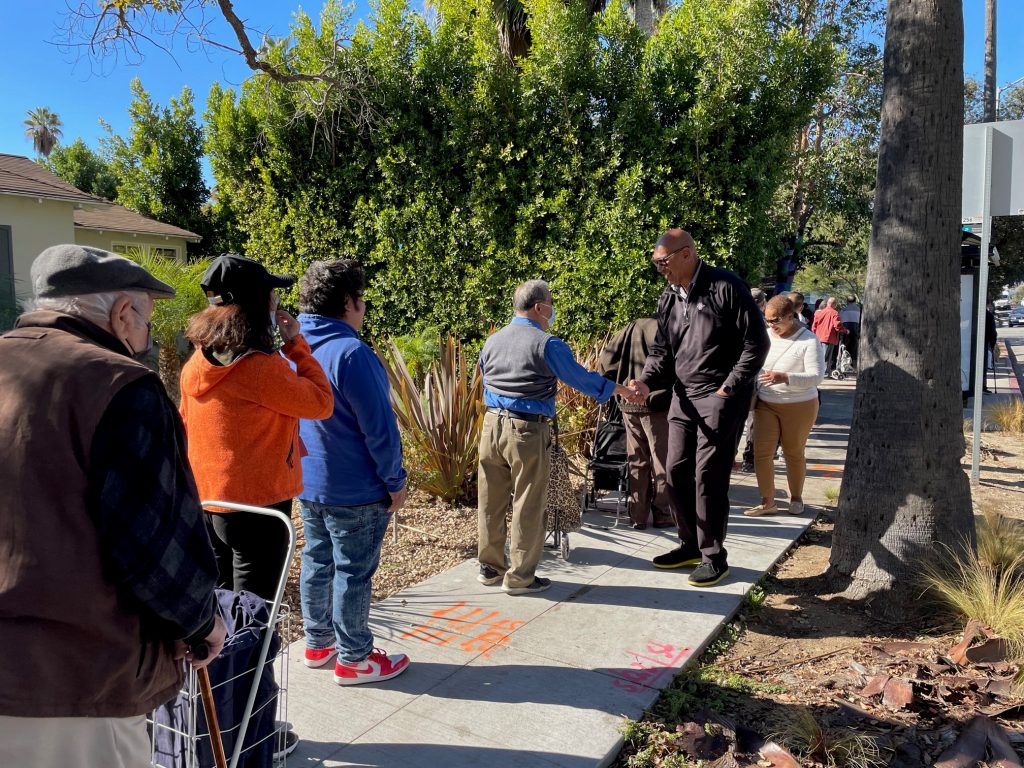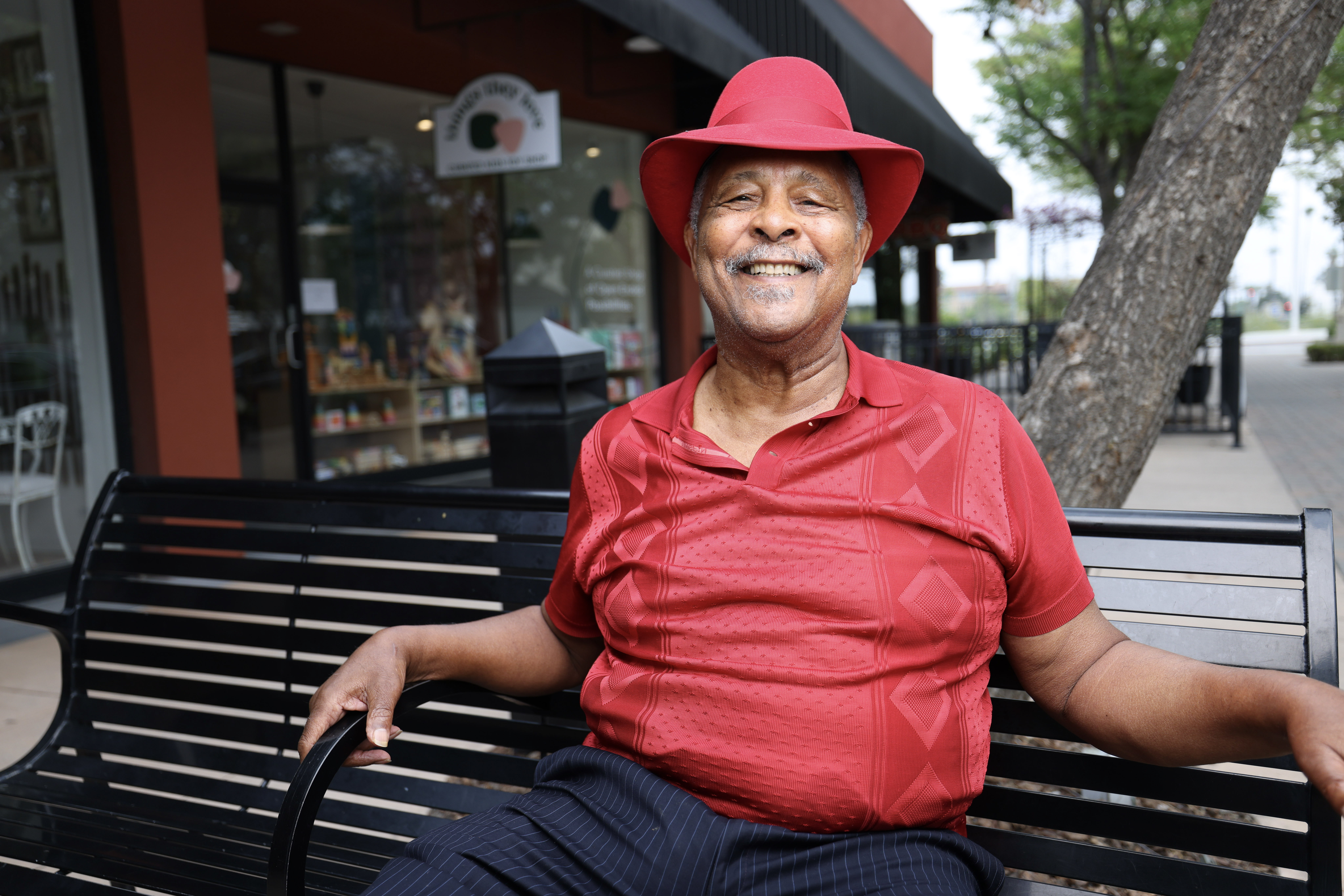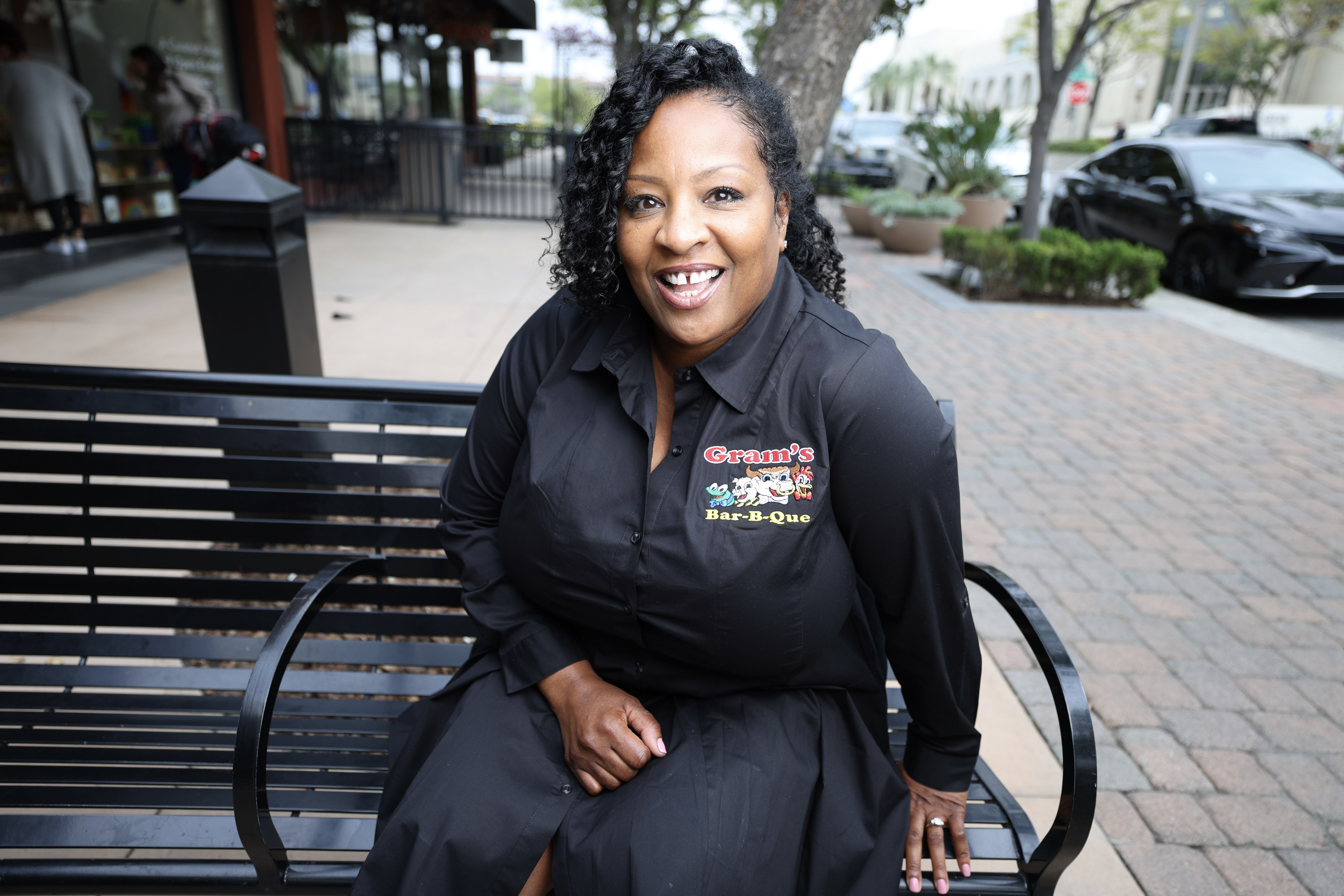By Burrell Parmer, NAMRU San Antonio
JOINT BASE SAN ANTONIO-FORT SAM HOUSTON – (Nov. 18, 2022) – Native American Heritage Month marks a time to showcase and honor the many contributions Native Americans have made to the Department of Defense (DoD) and the nation.
For Naval Medical Research Unit (NAMRU) San Antonio, Sara BlackCloud, a financial management analyst, assigned to the Resource Management and Acquisitions Directorate, is a representation of the highly professional and diverse civilian workforce within the Department of the Navy.
Born in San Bernardino, Calif., and raised in San Diego, BlackCloud has been a Navy civilian for six years. She first enlisted in the U.S. Air Force in 2002 and enter service in the U.S. Army in 2008 deploying in support of Operation Enduring Freedom in Afghanistan.
“I wanted to work for the Navy because they offered me an opportunity to expand my DoD knowledge of another branch of service,” said BlackCloud. “All I need now is some Coast Guard experience, and I will have worked for all the services in some form or fashion.”
According to BlackCloud, who was recognized as NAMRU San Antonio’s Civilian of the Year in 2016, before enlisting in the Army, her intention was to join the U.S. Marine Corps.
A Lakota Sioux Native American from the Cut Head Clan, Oglala Tribe of the Spirit Lake Nation in Fort Totten, N.D., BlackCloud is a second generation veteran. Her Grandparents Ivan and Gail BlackCloud served as seamen in the Navy along with another Grandfather Victor Corona. BlackCloud is also Mexican American drawing her roots from Mexico City. She has 22 aunts and uncles, one brother, 39 cousins, and 61 second cousins.
BlackCloud said the Navy has granted her an opportunity to provide a life for her four children while doing something she feels passionate about.
“What we do at NAMRU San Antonio contributes to the lives of others,” said BlackCloud. “We are a well-oiled engine with many integral parts. If one part is off…. we all have a problem. So, it really is about the team. Pulling together for the greater good of everyone here.”
She states that the best part of being at the command are the people and the mission.
“We are a cut above the rest in both areas. I have made tremendous career progression with NAMRU San Antonio, but my proudest accomplishment is the relationships I have created with long time members here,” said BlackCloud. “When things got tough, the solid members at NAMRU helped guide me to greatness. That is something not many places can compete with.”
Two of BlackCloud’s short-term goals are to master the unit’s new financial system, the Navy Enterprise Resource Planning (NERP), and earn a college degree.
Her long-term goal is to one day having a small home in some secluded mountain range where she can live in harmony with nature as her ancestors.
“The Navy has broadened my knowledge base and experience that has challenged my way of thinking,” said BlackCloud. “I have had more opportunities to ‘think outside the box’ with this command than any other position in my 20 plus years of work experience.”
Possessing a diverse workforce is important to NAMRU San Antonio as it acknowledges individual strengths of each Sailor, Soldier, civilian and contractor, and the potential they bring to accomplishing the command’s mission.
“It is an absolute proud feeling to say I am a Native American, a woman, and a veteran who still continues to serve her country,” said BlackCloud. “I also love that my children show pride that they have a mother who has served, and I hope it plants a seed in them as well to continue the traditions our grandparents began.”
NAMRU San Antonio’s mission is to conduct gap driven combat casualty care, craniofacial, and directed energy research to improve survival, operational readiness, and safety of DoD personnel engaged in routine and expeditionary operations.
It is one of the leading research and development laboratories for the U.S. Navy under the DoD and is one of eight subordinate research commands in the global network of laboratories operating under the Naval Medical Research Center in Silver Spring, Md.
 Westside Story Newspaper – Online The News of The Empire – Sharing the Quest for Excellence
Westside Story Newspaper – Online The News of The Empire – Sharing the Quest for Excellence



